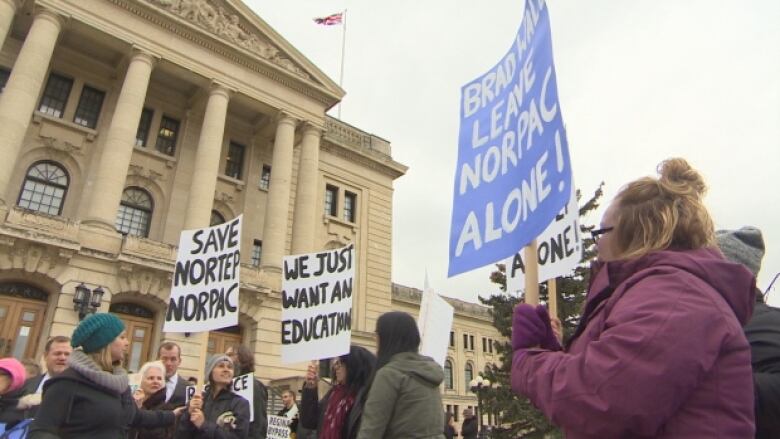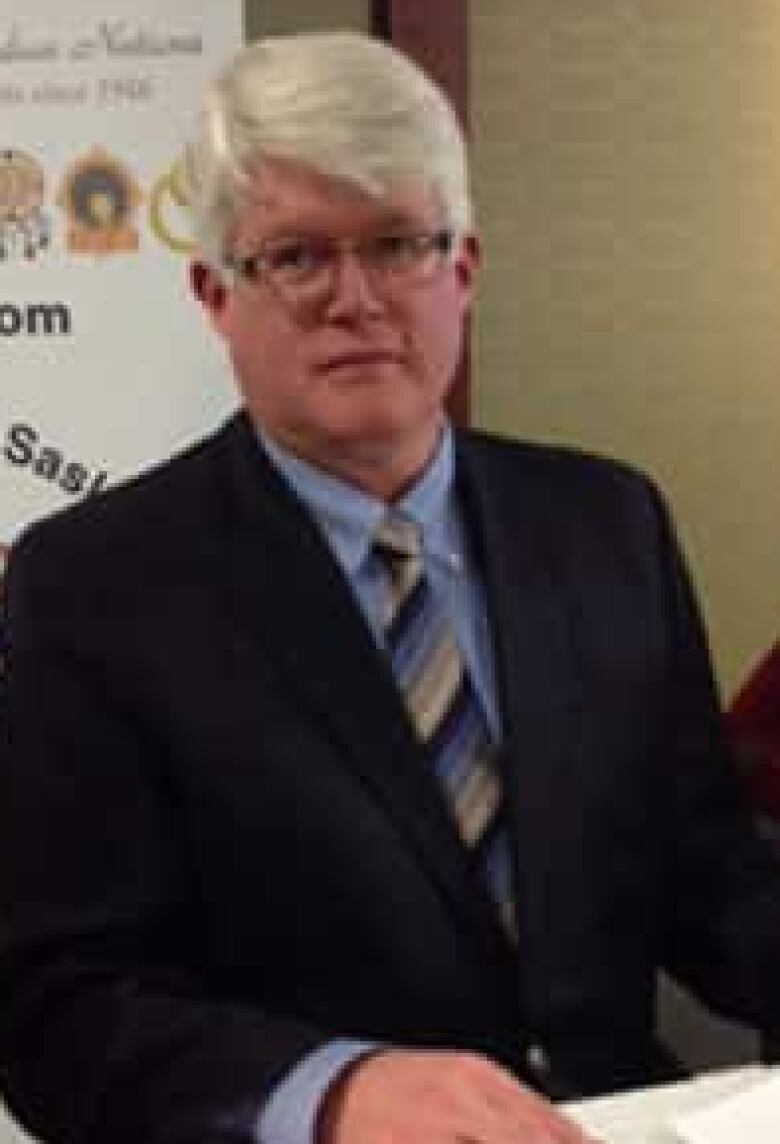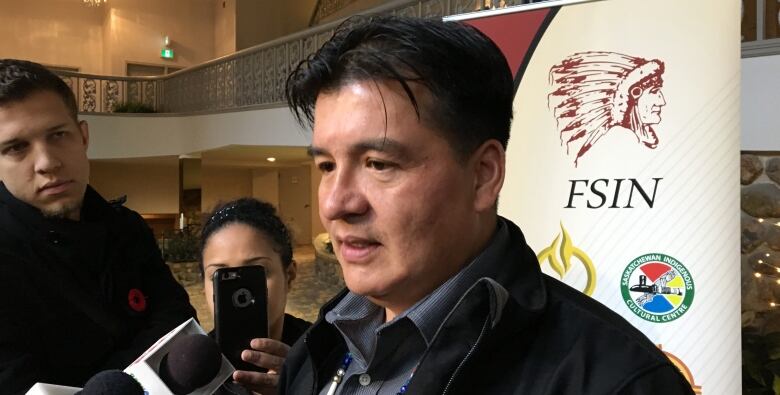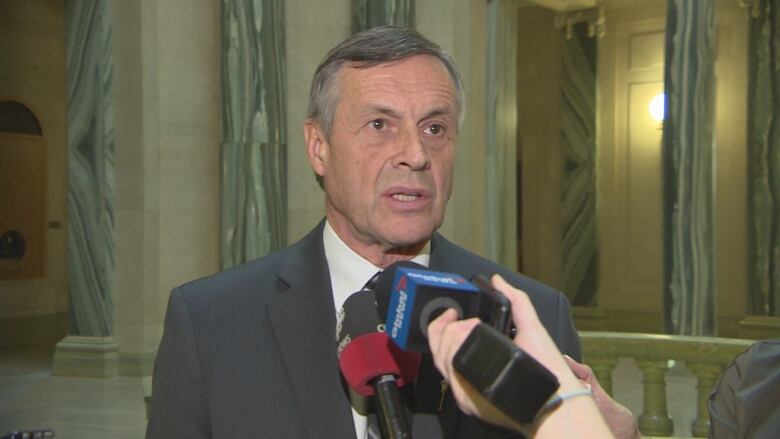Indigenous education could provide $90B boost to Sask. economy says U of S professor
U of S economist Eric Howe says his solution to erasing the provincial deficit is a 'no brainer'

Erasing the province's billion-dollar deficit will require bold moves, but a University of Saskatchewan professor says his solution is "a no brainer."
U of S economist Eric Howe says improving the levels of education and employment for Indigenous people would boost the provincial economy by up to $90 billion dollars.
"The amounts are huge," said Howe, who has authored two studies on the issue in recent years.
Such action could spark an economic boom for the province, one that would not be subject to the whims of global markets or commodity price fluctuations.
"This isn't rocket science," Howe said.
"It would require beefing up current programs and investing in new ones, but the payoff would be tremendous."
The more you learn...
According to Howe's studies, a more educated and skilled Indigenous population would mean billions saved by the provincial justice, health and social services ministries.
Their increased earnings would also contribute to more spending and an expanded provincial tax base.
For example, a First Nations woman with a high school diploma earns hundreds of thousands moredollars over her career than one without.

If that same woman earns a degree or diploma, career earnings balloon even further.
"The more you learn, the more you earn," he said.
Howe said it's simply a matter of public and government will.
-
Northern Sask. students worried about plans to close NORTEP, move programming
-
NORTEP, Sask. government reach agreement on northern education, funding cuts remain
Federation of Sovereign Indigenous Nations Chief Bobby Cameron agreed with Howe.
"We've been saying this for years. Let's work together," Cameron said.
Cameron said helping Indigenous people succeed will help everyone, and Howe's numbers are proof.
Cameron gave his own example.
'More efficient' investment
It costs $100,000 a year to imprison a First Nations person, but just a fraction of that amount to provide them with education and job training.
"Certainly,investingin education is far more efficient. It economically makes more sense to invest in education rather than incarceration," Cameron said.
As a start, the provincial government should at least guarantee existing programs are safe from deficit cost-cutting.
Howe and Cameron said provincial government needs to take responsibility.But they said industry, the federal government, First Nations leaders and individuals must also play their part.

- Northern Sask. faculty, students, to hold rally to save NORTEP http://www.cbc.ca/1.3811564
-
'State of crisis' in northern Sask. highlights Truth and Reconciliation calls to action
First Nations on-reserve schools continue to receive thousands less per student in funding than those in towns and cities.
The Harper and Trudeau governments have pledged to fix the situation but no new money has reached these communities.
Deputy Premier and Minister of Education Don Morgan said Indigenous education and training programs are "some of the best investments" a government can make.
There is improving pre-kindergarten support, treaty education in classrooms, and increasing partnership with Indigenous businesses.
Graduation rates up, but 'still not enough'
Morgan noted provincial First Nations high school graduation rates have improved to 40 per cent, up from 30 per cent in the past several years.
It's still far below the provincial average of 70 per cent but the trend is positive, he said.
He admitted there is always more the government can do.

"That's still not enough," he said. "We still have a long ways to go."
Morgan said the public also needs to realize the value of this work.
"There's a strong appetite among First Nations people to become educated, to work, to participate. There are some huge success stories, but I don't think the public understands it as well as I'd like them to," Morgan said.
However, Morgan stopped short of guaranteeing these and other programs won't be a victim of deficit cost-cutting.












_(720p).jpg)


 OFFICIAL HD MUSIC VIDEO.jpg)
.jpg)



























































































